10 Reasons Why Taking Care of Yourself is Good for Your Children

Motherhood is a self-less act. It requires placing someone else’s needs above your own, from sleepless nights to time-consuming carpools. Motherhood is a lifelong journey of nurturing, guiding, consoling and teaching. But, as any marathoner can tell you, you have to build your physical and mental endurance.
Taking care of yourself is a necessity for taking care of your children. Children need good role models teaching them how to cope in the real world. They need to see you in good physical and emotional condition if you expect them to do the same. They also need the opportunity to practice what you preach. Here’s why:
1. Children learn empathy.
When children see that other people have needs and feelings, they learn to temper their expectations of “me first”. This starts by learning how to play while mom showers or finishes a conversation. In time, children learn that the world doesn’t “drop everything” when they say so. Moms are not door mats. It’s okay to take a mommy time-out when you’re tired or frazzled.
2. Children learn emotional literacy.
When you describe your needs and emotions out loud, children learn to recognize those same feelings in themselves. This is the responsible way to handle emotions. You teach by choosing a response to volatile emotions rather than acting impulsively: counting to ten; describing what you feel; or finding solutions to problems.
3. Children learn that parents are people.
When children can see their parents as adults with outside interests, children can begin to imagine all the different options and opportunities that await them. Children are proud to know you do other things in addition to caring for them. They will respect you not just for what you give to them, but for what you are and what you believe.
4. Children learn they are part of something bigger than themselves.
Children have an obligation to help in the family. Mommies and daddies need help. Children are “givers”, not just “takers”. Similarly, mom taking care of herself should not be “invisible”, i.e., only something you do when the children are in school. Let children see that their actions help you.
5. Children learn to be independent.
Children learn age-appropriate self sufficiency when you are not the only one taking care of things. They learn about their abilities – to get their own snacks or solve a puzzle. Children may not do things with exactly the same proficiency as you but they never get better at it without many opportunities to try.
6. Children learn flexibility.
Small changes in the routine build adaptability. Children are better prepared for the unpredictability of the real world if they learn to trust a variety of adults, if they can sleep in a variety of places under a variety of conditions, or if they learn how to postpone immediate gratification. And so, moms can guiltlessly take care of their needs if they make thoughtful arrangements for their children, even if those arrangements are not their children’s first choice of how things should be.
7. Children learn balance.
Stressed-out people try to do it all. Children need role models who can prioritize life choices. Sometimes, we have to say “no” to one activity in order to really enjoy another or in order to master another. Sometimes, we have to do nothing so we can do more. We teach children there is a time for everything.
8. Children learn stress-management.
Stress is a part of life but children can learn they have the power to control stress before it controls them. We can give children the tools to learn from mistakes, to banish regret, and to unravel guilt. Picture the three-year old who accidentally spills her milk at the dinner table. Are you more likely to hear “Oh sh__” or “Ooopsie, clean-up time”?
9. Children will appreciate time together after time apart.
It’s human nature to take for granted the people who are close to you. And children are no exception. A little time without you reminds children of how much they love doing things your way. It also removes a little of the incentive for power struggles because children have had the opportunity to express their independence.
10…You’ll be ready for anything.
Parenting is about stamina – the ability to face anything and everything with inner strength and grace. Future leaders are raised in a world where adults prepare them, not just protect them. Only by taking care of yourself, will you have the required patience and understanding.
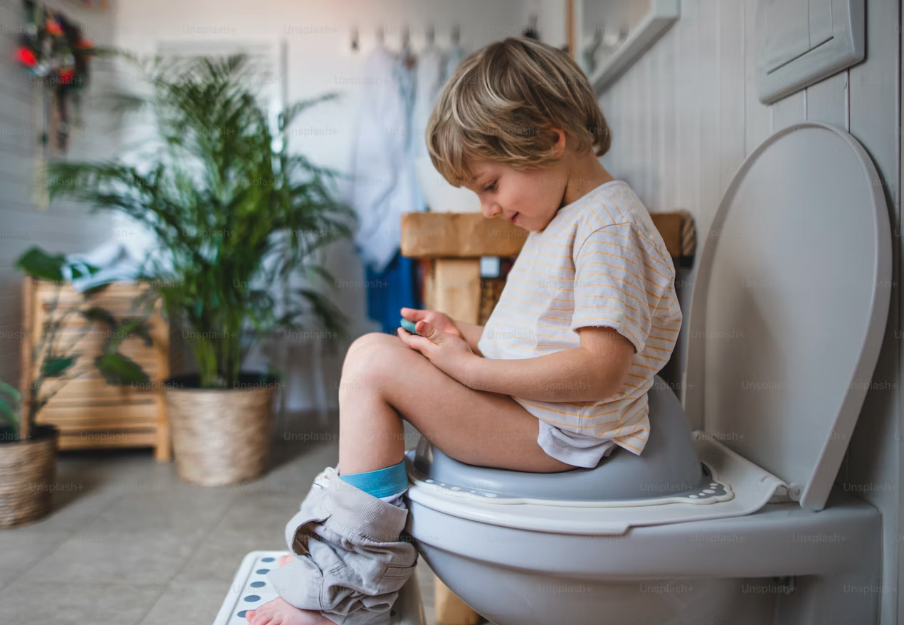
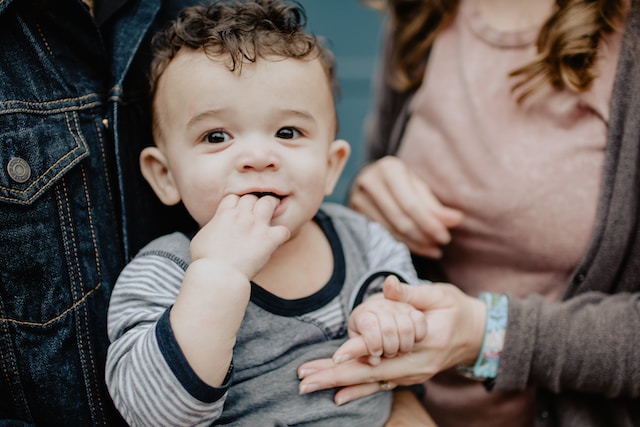
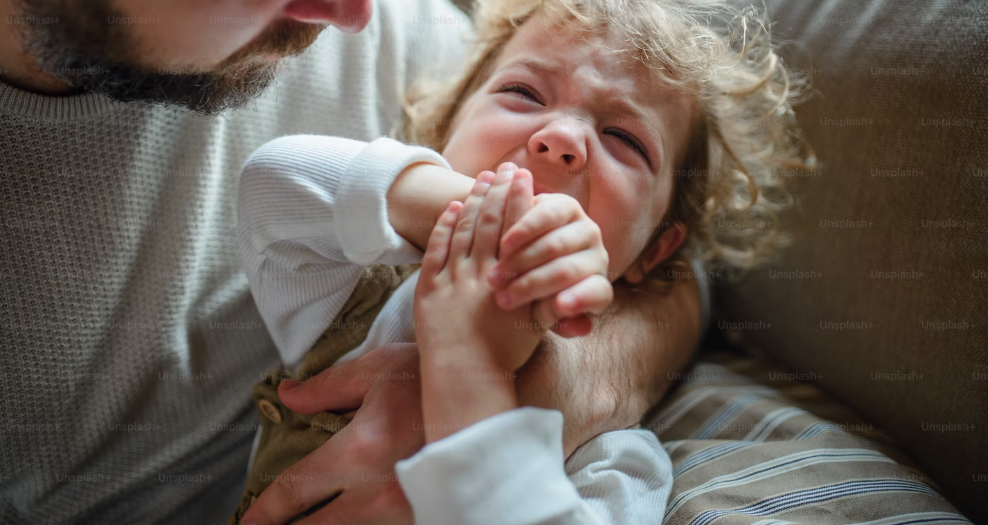
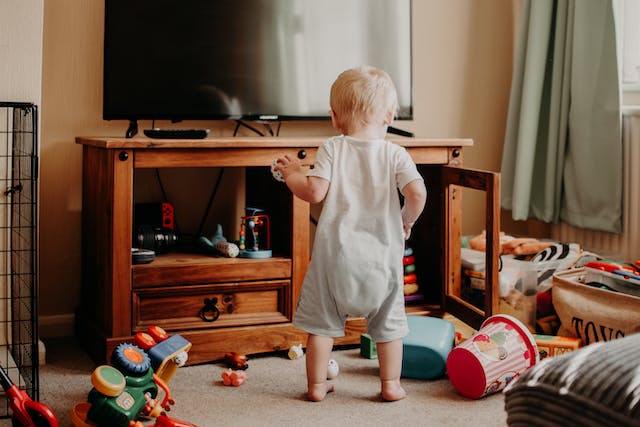
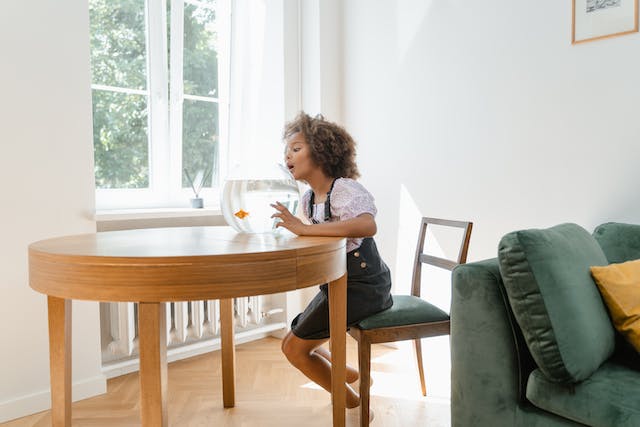
Follow Us
Join the conversion. Make sure to follow us on our social platforms for the latest content and FamilyTime news.